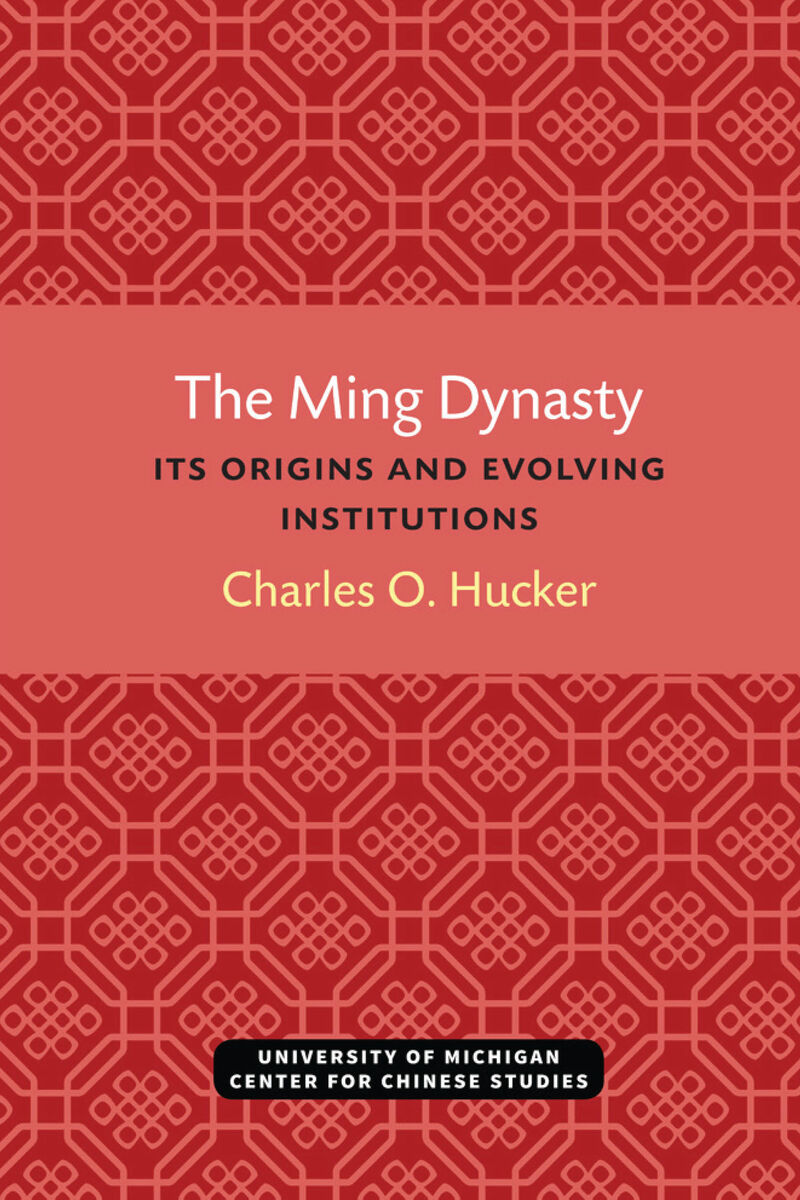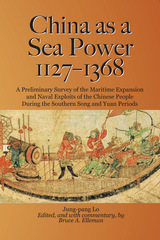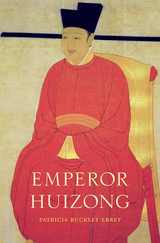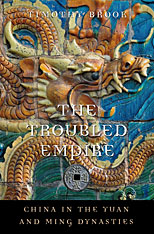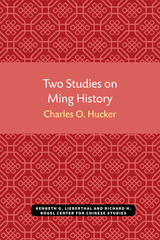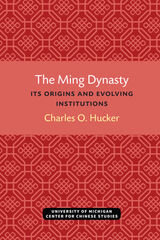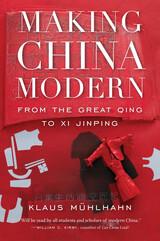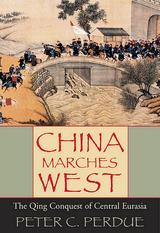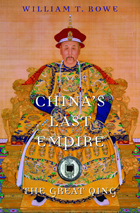The Ming Dynasty: Its Origins and Evolving Institutions
University of Michigan Press, 1978
eISBN: 978-0-472-90153-1 | Cloth: 978-0-89264-034-8 | Paper: 978-0-472-03812-1
Library of Congress Classification DS753.H829
Dewey Decimal Classification 951.026
eISBN: 978-0-472-90153-1 | Cloth: 978-0-89264-034-8 | Paper: 978-0-472-03812-1
Library of Congress Classification DS753.H829
Dewey Decimal Classification 951.026
ABOUT THIS BOOK | AUTHOR BIOGRAPHY | TOC | REQUEST ACCESSIBLE FILE
ABOUT THIS BOOK
In the latter half of the fourteenth century, at one end of the Eurasian continent, the stage was not yet set for the emergence of modern nation-states. At the other end, the Chinese drove out their Mongol overlords, inaugurated a new native dynasty called Ming (1368–1644), and reasserted the mastery of their national destiny. It was a dramatic era of change, the full significance of which can only be perceived retrospectively.
With the establishment of the Ming dynasty, a major historical tension rose into prominence between more absolutist and less absolutist modes of rulership. This produced a distinctive style of rule that modern students have come to call Ming despotism. It proved a capriciously absolutist pattern for Chinese government into our own time. [1, 2 ,3]
See other books on: China | Hucker, Charles | Its Origins | Ming Dynasty | Ming dynasty, 1368-1644
See other titles from University of Michigan Press
